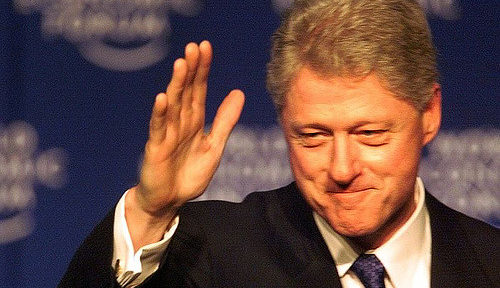You often hear leaders say they need a seat at the main leadership table. But if you succeed and get a seat at the table, you need to know what to do with it.
I am sure you have seen leadership teams where some people speak and everybody listens. On the other hand you have seen the opposite. I know I have.
I presented to a leadership group on one occasion and whilst they were engaged in Q&A, there was little sign of any great commitment. One member of the leadership team, who had been very quiet, suddenly spoke in support of my call for action. When he spoke everyone listened. He advocated that they get behind the proposal and the whole mood of the meeting changed to positive support.
His ability to influence those around the table was clearly evident.
How do we build the kind of influence that warrants a seat at the table. Clearly this is not a simple matter of following someone else’s formula. In fact, quite the opposite.
In the book, Authentic Leadership, Bill George says, “Authentic leaders …. lead with purpose, meaning and values. They build enduring relationships with people. Others follow them because they know where they stand.”
One way to capture where you stand and build your influence is to enshrine your values in a personal charter. This is an exercise that can help give you clarity about what’s important to you. Some questions to consider are:
- What do I stand for?
- What can I be counted on for?
- What are the values that are important to me?
Of course writing a charter and making it visible for yourself is not the end of the story. We need to put it into practice. It is easy to forget your values and what you stand for when times are stressful.
But a personal charter can remind you who you really are so that you warrant a seat at the table.
Best regards, Brian
PS: Are you looking to accelerate your career objectives this year?
Contact us for a free 30 minute leadership diagnostic.



